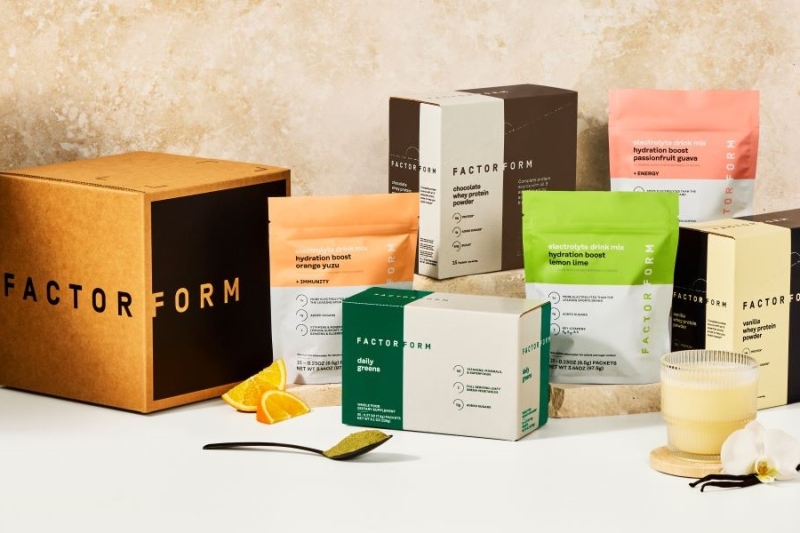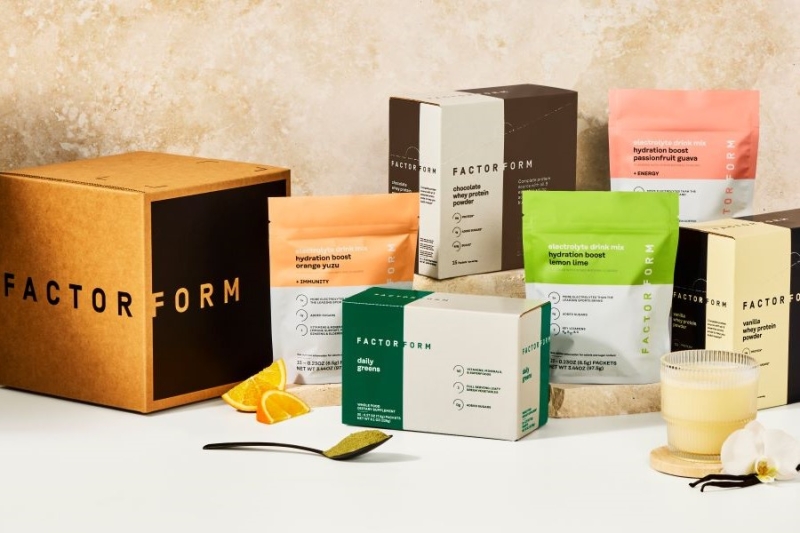27 Sep 2024 — This week in nutrition news, the UN Global Compact convened to address food system fortification and the UN World Food Programme (WFP) received a donation from South Korea to fight hunger in Namibia. Meanwhile, the International Food Information Council (IFIC) Food & Health Survey found consumer confidence in food safety is on the decline.
Nutrition news
The UN Global Compact convened leaders from the private sector, governments and the UN to explore ways to accelerate corporate involvement in transforming food systems. The meeting, attended by over 60 representatives from various sectors and countries, responded to the UN Secretary-General’s call for increased corporate engagement and accountability in sustainable food systems ahead of the 2025 UN Food Systems Summit+4 and COP30. Participants discussed the critical role of businesses in global food production, distribution and consumption, emphasizing that by adopting sustainable practices, corporations can reduce environmental impacts and enhance food security, labor fairness and resilient supply chains. The collective effort seeks to guide businesses and financial institutions to align their operations with the SDGs (sustainable development goals) and ensure accountability in the global transformation of food systems.
The UN WFP received a US$500,000 donation from the Republic of South Korea to aid drought-stricken households in Namibia starting in October 2024.

South Korea donated to the UN WFP to aid Namibians affected by drought. The funding will support 24,500 individuals at risk of malnutrition, with 9,000 in the Hardap Region and 12,000 in the Zambezi Region receiving value vouchers usable at select retailers. Additionally, 3,500 children in these areas will benefit from nutritious meals provided through soup kitchens. The contribution will help the WFP address the urgent needs highlighted in the Integrated Food Security Phase Classification report, which identified 1.4 million people as food insecure in Namibia.
Meanwhile, IFIC’s 2024 Food & Health Survey revealed that consumer confidence in food safety has reached its lowest point in a decade, prompting the council to further explore US citizens’ perceptions of food ingredient safety. Concerns highlighted include foodborne illnesses and contaminants, with specific worries about E. coli in ground beef and heavy metals in baby food and seafood. The survey also found that US citizens are particularly wary of ultra-processed foods and certain additives like dyes and sugar substitutes, preferring to avoid these.
Business news
NutriLeads expanded its distribution network for its precision prebiotic, Benicaros, by partnering with 1-2-Taste, an online B2B food ingredient marketplace serving Europe and India. 1-2-Taste’s platform focuses on streamlining and digitizing the complex supply chains of ingredients to facilitate easier sourcing for food and beverage companies and will help build synergy with Benicaros’s market impact on gut and immune health.
Prolacta Bioscience revealed that the company reached a notable achievement in premature infant nutrition. The company’s human milk-based nutritional products have been utilized by over half of Level III and IV neonatal intensive care units (NICUs) in the US in 2024. These products cater to the needs of extremely vulnerable premature infants, particularly those born weighing less than 1.25k g (2.75 lb). This milestone highlights the essential role of human milk in reducing complications such as necrotizing enterocolitis among newborns in NICUs.

Prolacta Bioscience revealed its human milk-based nutritional products were used at over half of higher level NICUs in the US this year.
Also, Kyowa Hakko Bio revealed it has received approval for its human milk oligosaccharide (HMO), 2’-Fucosyllactose (2’-FL), as a food ingredient by the Food Safety and Standards Authority of India (FSSAI). The approval marks the first HMO from Kyowa Hakko Bio to be recognized in the Indian market. The company said that FSSAI’s approval boosts Kyowa Hakko Bio’s global reputation as a trusted HMO supplier and positions the company to introduce 2’-FL to the Indian market.
Product launches
Dietary supplement brand Jarrow Formulas introduced a new line of multivitamins to cater to consumer demand for benefits such as energy, digestion and beauty in their daily supplements.

Factor Form unveiled a line of keto-friendly, sugar-free supplements (Image Credit: Factor Form). The new multivitamin range includes formulations specifically designed for women and men, as well as mood enhancement. Each Jarrow Formulas Multi+ line product provides 20 minerals and vitamins and features a proprietary enzyme blend for optimal nutrient absorption. The Women’s Multi+ is tailored to support various aspects of women’s health, including breast, brain, eye, heart, bone and immune health, and it promotes healthier hair, skin and nails. The Men’s Multi+ focuses on prostate, brain, eye, heart, bone and immune health. Mood Multi+ aims to improve digestion, energy metabolism and mood.
Factor Form unveiled a line of supplements featuring greens powder, protein powder and hydration packs. The brand said it is built on a food-first approach, merging culinary art with nutritional science. Factor Form’s dietitian-approved products are keto-friendly, sugar-free and designed for easy, on-the-go consumption with single-serve packets for convenience and cleanliness. The new product line includes Factor Form Daily Greens, which combines 40 vitamins and superfoods to support gut health, immunity and energy with a citrusy flavor. Factor Form Whey Protein Powder offers chocolate and vanilla-flavored protein to aid in muscle building and recovery. Factor Form Hydration Boost provides a hydration mix with electrolytes and vitamins and comes in lemon-lime, orange yuzu and passionfruit guava flavors.
Scientific studies
A recent study published in Food & Function revealed that Probi’s proprietary probiotic strain, Lactiplantibacillus plantarum LPHEAL9, significantly reduced cognitive impairment and inflammation in the gut and brain in a mouse model Alzheimer’s disease (AD) study. The company said the research marks the fifth study to explore the effects of LPHEAL9 on the gut-brain axis and underscored its potential to support everyday health and brain function.

A recent study showed that Probi’s LBHEAL9 probiotic strain may reduce symptoms and the biological markers of AD. The findings demonstrated that an eight-week regimen of LPHEAL9, initiated at two months of age in mice predisposed to develop AD, markedly reduced cognitive decline, plaque buildup in the brain and normalized intestinal barrier properties and inflammatory markers during the early stages of mild cognitive impairment. The company stressed that these results bolster LPHEAL9 as a therapeutic option for managing mild cognitive impairment and AD, potentially offering new avenues for preventative measures in the early stages of the disease.
A study led by UK-based researchers found that fussy eating in children is largely influenced by genetics and remains consistent from toddlerhood to early adolescence. Published in the Journal of Child Psychology & Psychiatry, the study used survey data from parents of both identical and non-identical twins in England and Wales, tracked from 16 months to 13 years old. Results indicated that food fussiness peaked around age seven and slightly declined thereafter, with genetic factors accounting for 60% to 74% of the variation in food fussiness from 16 months to 13 years. Environmental factors unique to each child, such as different personal experiences, became more influential over time, while shared environmental influences, like family meal settings, showed significance primarily in toddlerhood. The study suggests that interventions to diversify children’s diets are most effective in the early years, and it underscores that while fussy eating has strong genetic roots, it is not fixed. Parental support remains crucial as children grow.
By William Bradford Nichols






